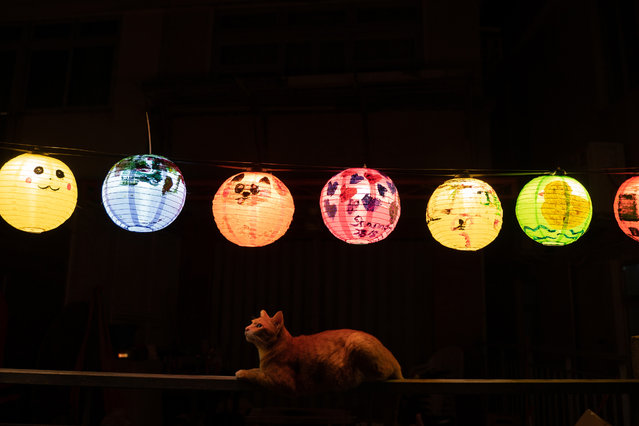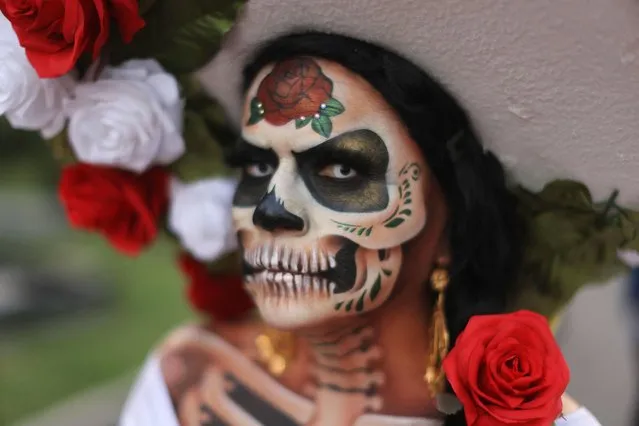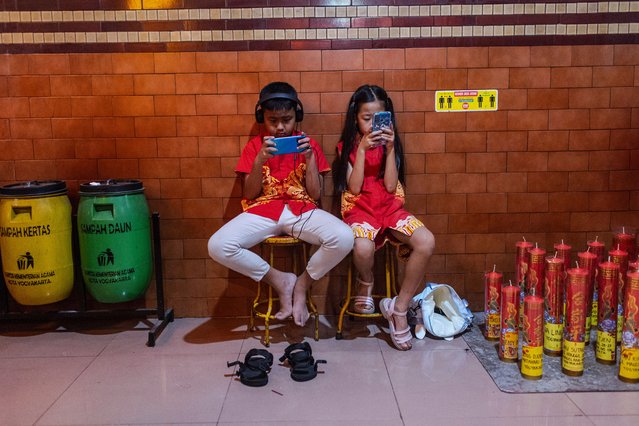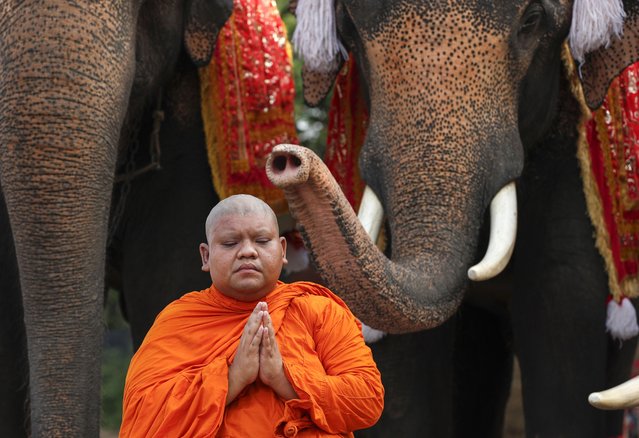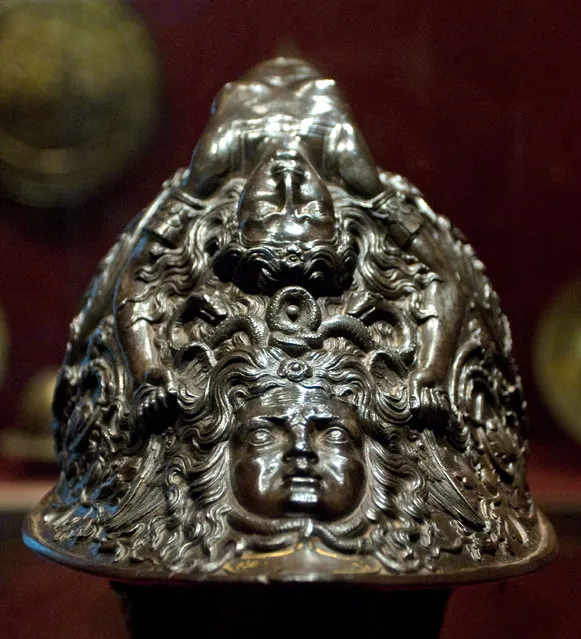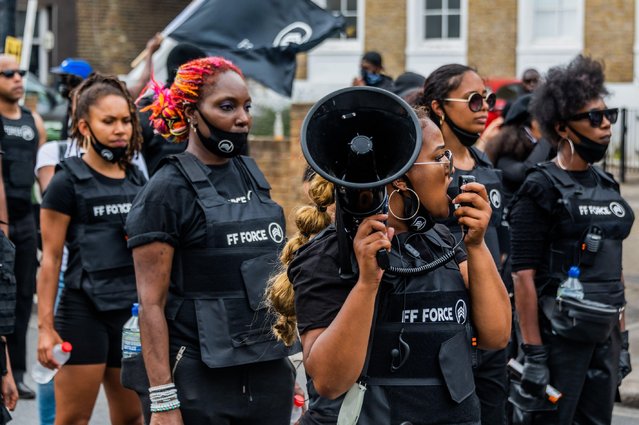
Black Live Matter march from Clapham Common (led by Iman, the Forever Family Force and the Slow Boys, on motorbikes) to join the Stop the Maangamizi: Afrikan Emancipation Day Reparations Rebellion in London, UK on August 1, 2020. They aim to lock-down Brixton because “WE/they are not being HEARD” in their demand for the UK Government to establish the All-Party Parliamentary Commission of Inquiry for Truth & Reparatory Justice. (Photo by Guy Bell/Alamy Live News)
03 Aug 2020 00:07:00,post received
0 comments

